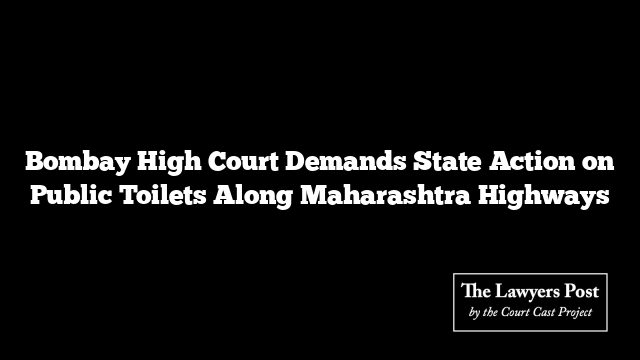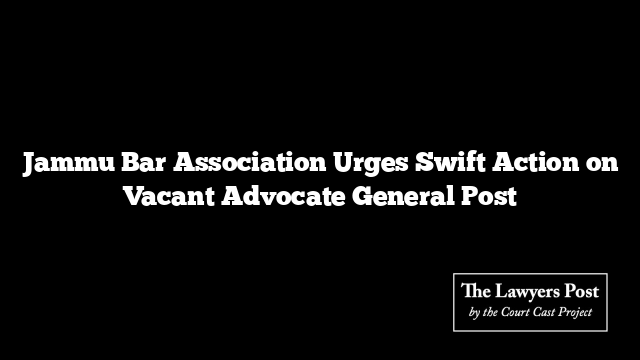In a crucial move for commuter welfare, the Bombay High Court has directed the Maharashtra State government to respond to a petition calling for public toilets to be built and maintained across the state’s highways. The petition, filed by advocate Ruju Thakker, argues that the lack of sanitation facilities severely compromises the health, dignity, and safety of travelers, particularly women, children, and the elderly.
Thakker’s plea highlights a disturbing gap in the implementation of basic amenities, despite a 2018 policy that proposed the construction of 400 toilets along state highways. The petition points out that this failure violates citizens’ fundamental rights under Article 21 of the Constitution, which guarantees the right to life and health.
The petition further underscores how the absence of essential facilities like sanitary napkin incinerators, diaper-changing stations, and nursing rooms leads to unsanitary practices. Women and parents with children are left with no choice but to manage their needs in unsuitable and unsafe conditions. This, according to the petition, not only endangers health but also contributes to environmental degradation, as improper disposal of sanitary waste becomes a common problem.
Additionally, Right to Information (RTI) replies from the Maharashtra State Road Development Corporation (MSRDC) and the Public Works Department (PWD) reveal that many existing toilets are devoid of critical amenities. Although janitors are assigned to clean them, there is no clear information on the staffing levels or maintenance schedules.
The petition also invokes Section 5 of the Maharashtra Highway Act, which mandates the provision of basic public amenities, including sanitation facilities, along highway infrastructure. The plea calls for the immediate construction of toilets in line with the 2018 policy, routine maintenance, the installation of sanitary pad vending machines and incinerators, and the establishment of grievance redressal mechanisms for travelers.
The case will be revisited by the court on June 13.





